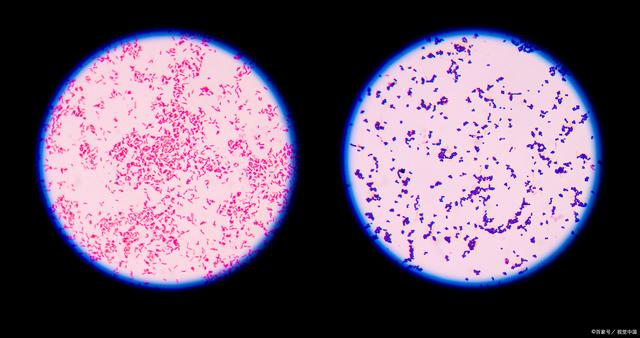
 CONTACT
CONTACT
- Linkman:Linda Yao
- Tel: +8618231198596
- Email:linda.yao@dcpharma.cn
- Linkman:CHARLES.WANG
- Department:Overseas
- Tel: 0086 0311-85537378 0086 0311-85539701
Bacterial Inhibitor Nisin,Food Specific
TIME:2024-09-09Nisin is a food additive permitted for use under China's National Food Safety Standard for the Use of Food Additives (GB 2760). It can be used in a wide variety of foods, such as dairy products, canned grains, prepared meat products, cooked meat products, processed seafood, egg products, vinegar, soy sauce, sauces and condiments, compound seasonings, and beverages. Additionally, its application has expanded to include pickled vegetables, processed mushrooms and algae, bread, pastries, and other food items. As a natural antimicrobial peptide, nisin is widely used in the food industry, primarily to inhibit various common bacteria in food. The following are types of common bacteria in food that it can inhibit:
1. Gram-Positive Bacteria and Their Spores
·Staphylococcus aureus: A common foodborne pathogen that can cause food poisoning. Nisin has a strong inhibitory effect on this bacterium.
·Streptococcus hemolyticus: Also a Gram-positive bacterium, nisin has a good inhibitory effect on this microorganism.
·Clostridium botulinum: The toxin produced by this bacterium is one of the most potent toxins in the world. Nisin effectively inhibits its growth and reproduction, preventing food poisoning incidents.
·Lactobacillus, Leuconostoc, Micrococcus, Staphylococcus, Listeria: These are other common Gram-positive bacteria that nisin can inhibit.
·Bacillus, Clostridium spores: These bacteria have spores with strong heat resistance, making them difficult to eradicate with traditional sterilization methods. However, nisin has a strong inhibitory effect on their spores, preventing germination and reproduction.
2. Other Specific Bacteria
·Salmonella, Escherichia coli, Pseudomonas: While nisin has a weaker direct effect on Gram-negative bacteria, under certain conditions (such as freezing, heating, lowering pH, or in combination with treatments like EDTA), it can inhibit their growth as well.
3. Mechanism of Antibacterial Action
The antibacterial mechanism of nisin mainly involves adsorption onto the cell membrane. Through ionic interactions and the action of its C- and N-termini on membrane structures, it forms a "pore" in the membrane. This results in the leakage of cellular contents, leading to cell disintegration and death. This mode of action makes nisin highly effective and broad-spectrum in inhibiting bacterial growth.
In the food industry, nisin is able to inhibit a variety of common bacteria, making it a highly effective, non-toxic, safe, and side-effect-free natural food preservative.
- Tel:+8618231198596
- Whatsapp:18231198596
- Chat With Skype








